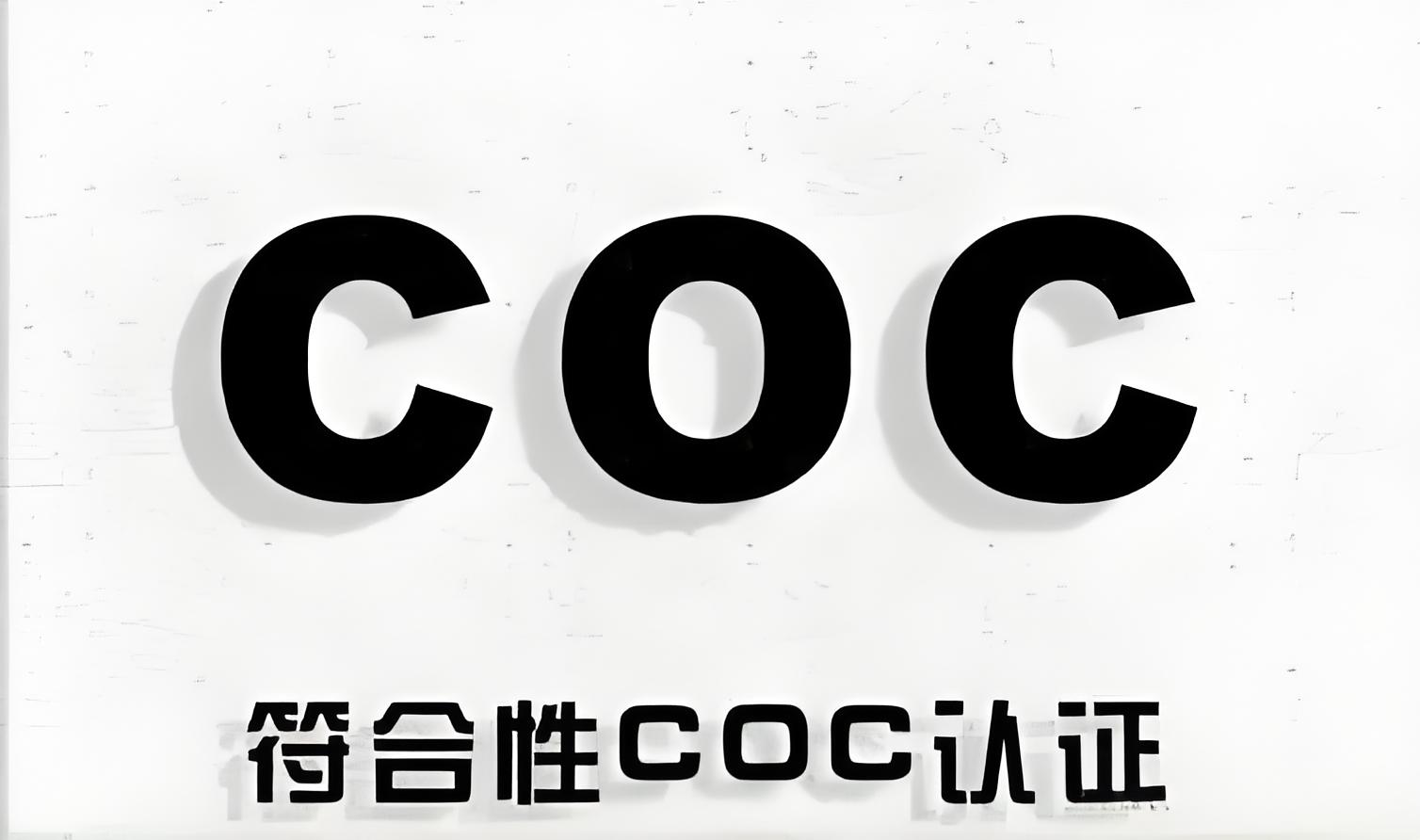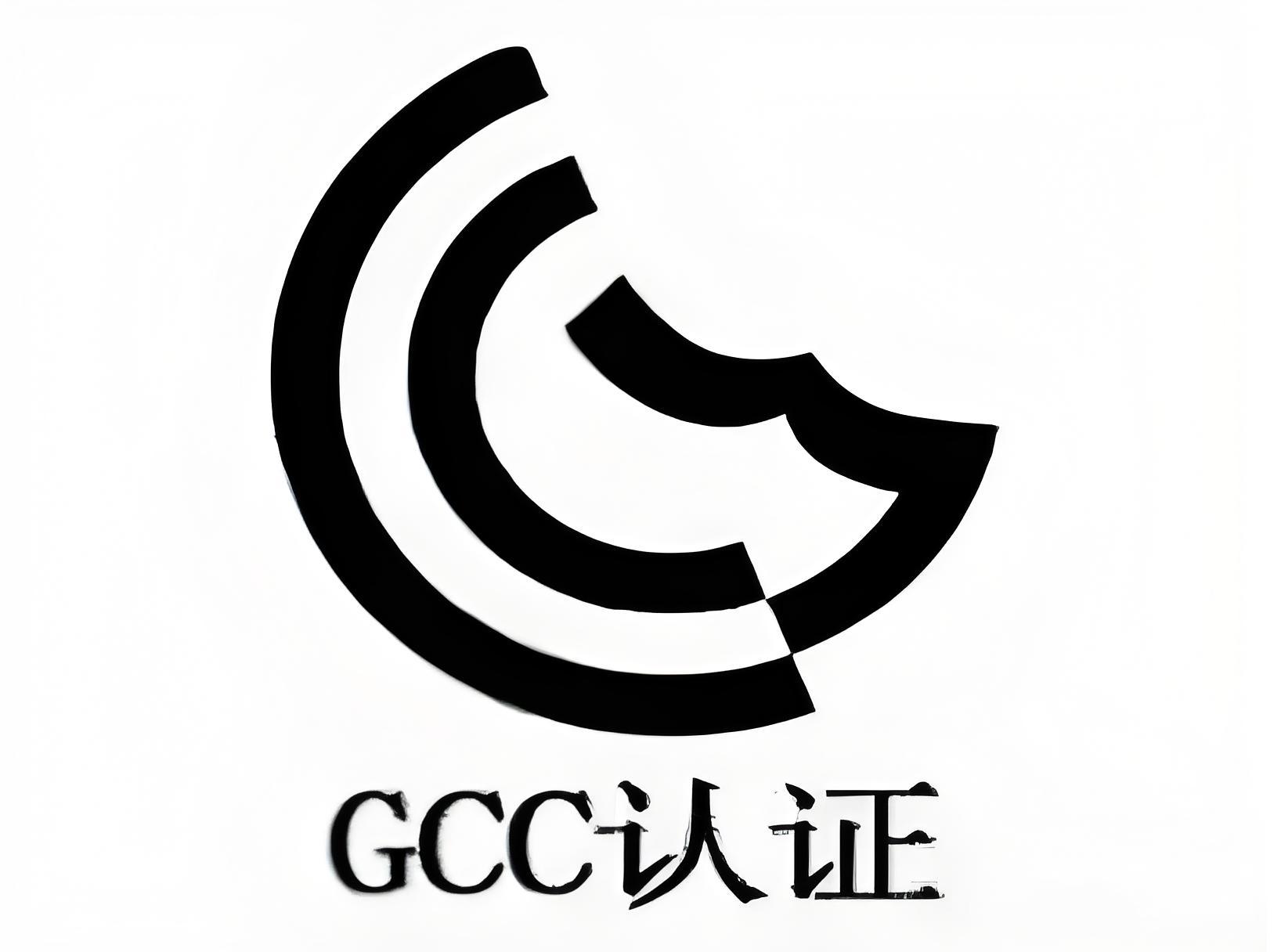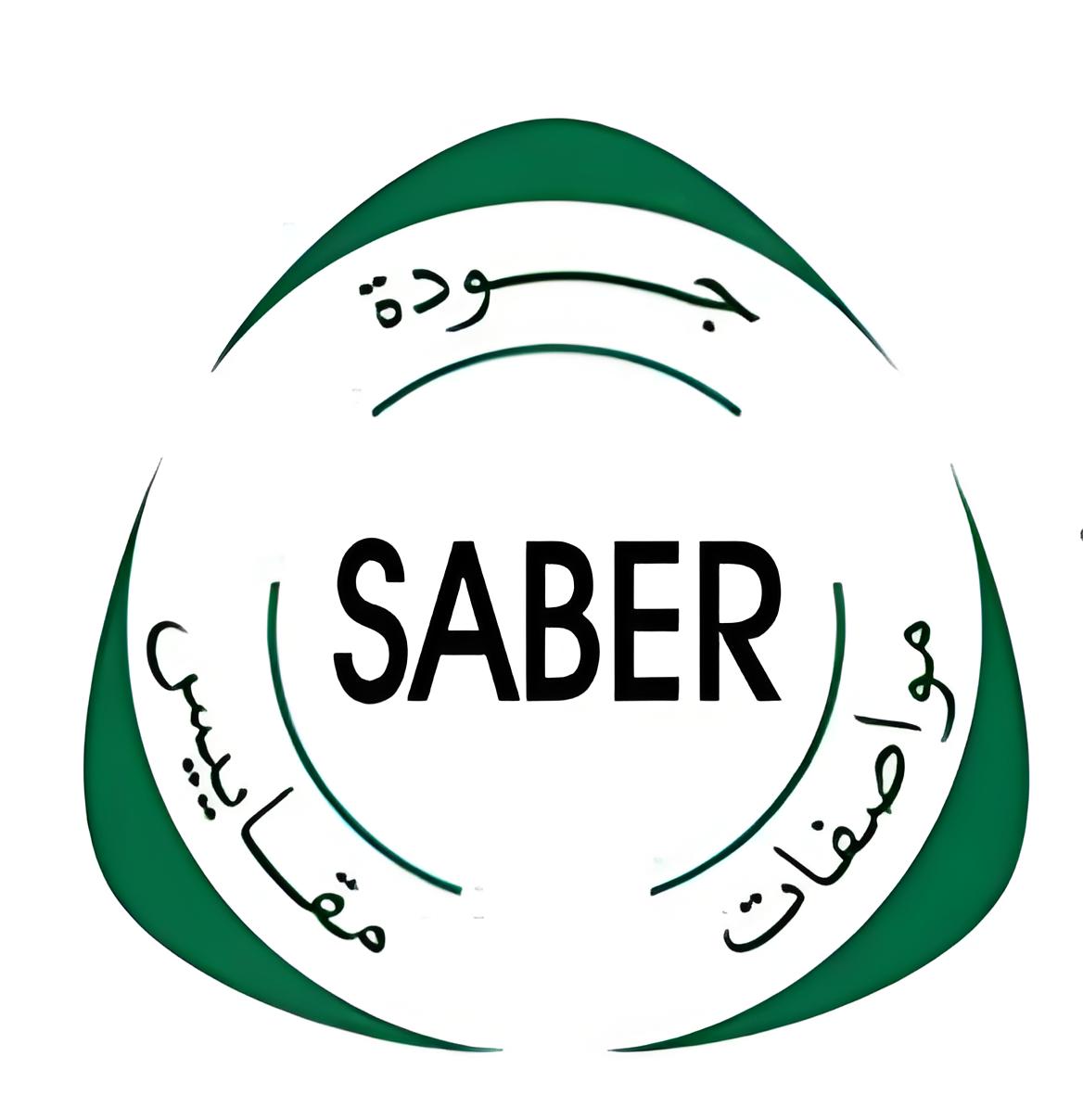The COC certification in Africa is mainly a mandatory certification for exports to the African market. Simply put, if your product wants to enter the African market, COC certification is an essential "passport".
The main documents required for product application for African COC certification include but are not limited to the following:
1. Invoice. The invoice should specify the product name, specifications, quantity, unit price, and total price in detail.
2. Packing list. The packing list should clearly indicate the specific content and quantity of each box of products.
3. Product photos. The photos should clearly display the appearance, identification, and main components of the product, so that the certification agency or customs personnel can intuitively understand the actual situation of the product.
4. Test report. The test report must be issued by a recognized laboratory to demonstrate that the product meets the quality, safety, environmental protection, and other standards of the relevant country or region. In addition to these materials, additional information such as product manuals, technical manuals, etc. may be required based on the characteristics of the product and the specific requirements of the export destination.
Why do we need to apply for COC certification?
Firstly, essential conditions. Without COC certification, goods may face the risk of being detained, returned, or destroyed, which can result in economic losses and damage to the company's reputation.
Secondly, product compliance. African countries have strict requirements for the quality, safety, and environmental standards of imported products. Obtaining COC certification means that the product meets these standards and can effectively avoid market disputes and legal liabilities caused by quality issues.
Thirdly, quickly enter the market. After obtaining COC certification, the product can quickly pass customs review, shorten clearance time, and enter the African market faster, seizing the opportunity.
Product categories that require COC certification
Home appliances: refrigerators, washing machines, air conditioners, microwave ovens, and other household appliances.
Electronic devices: mobile phones, chargers, computers, televisions, and other electronic devices.
Toys: Children's toys must comply with Saudi toy safety standards, ensuring that the product is non-toxic, has no sharp edges, and suitable for children's use.
Lighting fixtures: Lighting products must meet Saudi energy efficiency and safety standards, including LED lights, ceiling lights, pendant lights, etc.
Automotive components such as tires, brake pads, seats, etc. must comply with Saudi vehicle safety regulations to ensure product quality and performance.
If you want to learn more about COC certification or have products that require COC certification, please feel free to contact our company at any time!


The COC certification in Africa is mainly a mandatory certification for exports to the African market. Simply put, if your product wants to enter the African market, COC certification is an essential \"passport\".

GCC certification is a mandatory certification system jointly developed and implemented by the member states of the Gulf Cooperation Council (GCC). GCC member countries include Saudi Arabia, Kuwait, United Arab Emirates, Qatar, Oman, Bahrain, and Yemen.

The five types of SABER certification system cover various needs from unregulated products to high-risk products, helping companies choose the appropriate certification path based on product characteristics and market requirements.
The COC certification in Africa is mainly a mandatory certification for exports to the African market. Simply put, if your product wants to enter the African market, COC certification is an essential \"passport\".
Get a quote